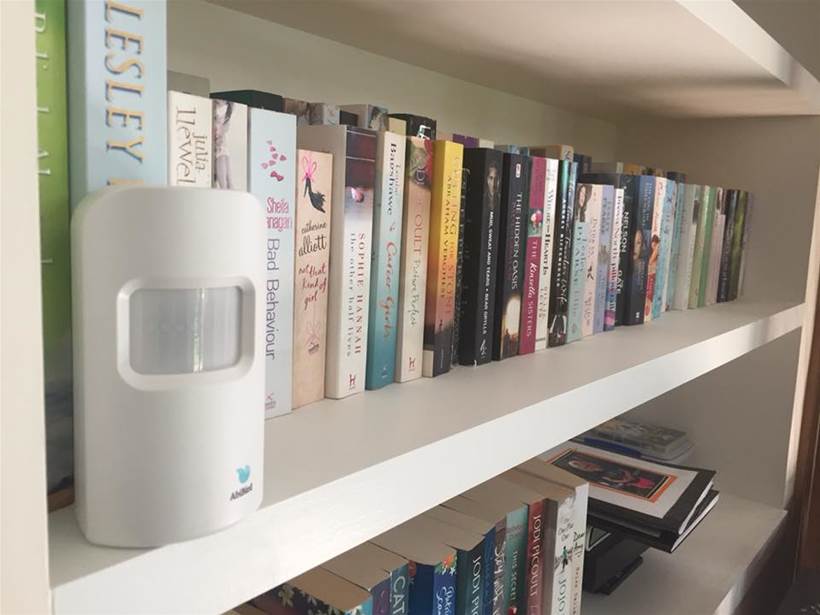AbiBird is another IoT company focussed on helping elderly people living alone stay safe in their homes by monitoring them with technology that does not compromise their privacy.
AbiBird uses motion sensing to determine normal behaviour and communicate this and any variations to a smartphone app.
It uses a small, unobtrusive device with an infrared sensor that can be placed on a bench top, shelf, table or wall. The company says one or two devices in the most used rooms are sufficient for most homes.
The AbiBird sensor is a standalone device that checks movement every two seconds and communicates with AbiBird’s cloud-based software over Thinxtra’s Sigfox network. AbiBird says it can run for 12 months on four AA batteries.
The smartphone app (iOS or Android) displays a line graph of the past 24 hours of activity giving the primary carer an insight to the activity that has taken place immediately prior to an identified event, for example a fall or other emergency.
The primary carer can set predefined schedules to adjust to the cared-for person’s daily routine, thereby reducing incidence of false alerts. Warning notifications are also received when the battery is low or if the sensor loses its network connection.
Also, the primary carer can set up multiple users to receive alerts, creating a virtual ‘electronic neighbourhood watch’ network.
The cared-for-person can also trigger an emergency alert by repeatedly tapping the top of the AbiBird sensor, or by clapping or banging repeatedly within earshot of the AbiBird sensor.
According to AbiBird, the risks of falls, and subsequent injury are very high among the elderly. One in three people aged more than 65 has a substantial fall each year, more than 50 percent of people over 80 have multiple falls each year, and 30 percent of people who fall need medical attention.
The AbiBird notification device is a finalist in the Best Healthcare or Sport Project category in the 2018 Australian IoT Awards being held at the IoT Festival on 4 June in Melbourne.







